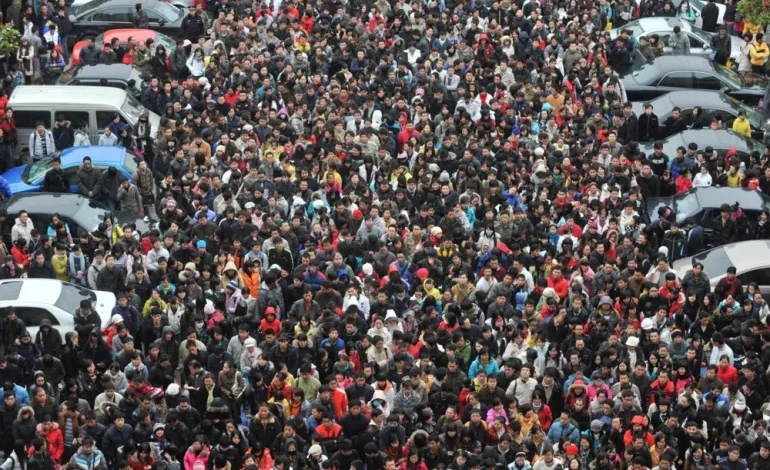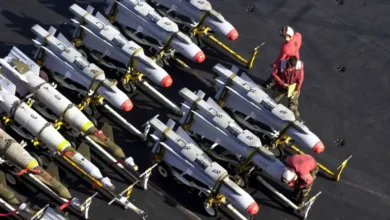China’s youth compete for stable gov’t jobs in unstable economic times

A good result on China’s annual national civil service exam is a requirement for any Chinese candidate who wants to be considered for the tens of thousands of vacant civil service jobs that the government seeks to fill every year.
Many of the vacant positions are reserved for recent Chinese graduates.
When 22-year-old recent graduate Du Xin sat down for the exam in December last year at a test centre in the city of Shijiazhuang in China’s Hebei province, she had been studying vigorously for six months.
Some applicants even hire tutors to prepare them for the exam.
Candidates are tested broadly on their general knowledge and analytical skills while in more recent years they have also been tested on their grasp of “Xi thought” – Chinese President Xi Jinping’s ideology and vision for China.
Despite her months of preparation, Du knew that the odds that her test result would bring her closer to a government job were slim.
As she began the exam, so, too, did millions of other Chinese youths across hundreds of Chinese cities.Therefore, Du was surprised and thrilled when she learned that she did well on the exam and subsequently landed a job as an organiser at the local office of the Chinese Communist Party (CCP) in Shijiazhuang.
This year, the competition looked to be even more fierce as the number of candidates sitting down for the exam at the end of November surpassed three million for the first time.
The number of vacant government positions has not kept up, lowering the odds of securing a job like Du’s from 70 to 1 to 77 to 1, according to the state-run Global Times.
Du is not surprised by the high number of applicants.
“I think a lot of young people in China really want a stable job right now,” she said.
Although employment in China’s civil service rarely pays as well as comparable employment in the Chinese private sector, there are other benefits. Civil servants usually have access to better medical insurance, a preferential pension plan, consistent bonus pay-outs and secure lifetime employment.
The security that comes with a public position has given rise to the nickname, “iron rice bowl”.
Iron rice bowls are coveted by some traditional Chinese parents for their children – not just for stability but because some see obtaining such jobs as a recognition of excellence by the state.
An important aspect of life as a civil servant for Du is the working hours.
“I work from 9am to 5pm, and I don’t have to work on weekends,” Du said.
Many of Du’s friends in the private sector work the 996 system – 9am to 9pm, 6 days a week.
“Compared to them, I have a lot more free time to enjoy my hobbies,” she said.










